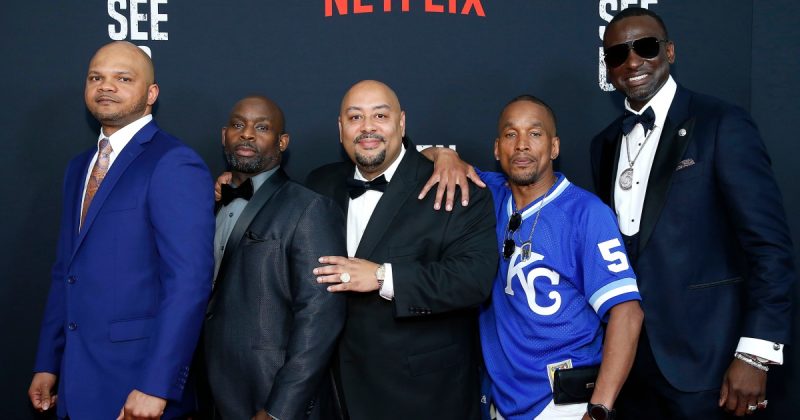
A New York judge has ruled against President Donald Trump’s attempt to dismiss a defamation lawsuit filed by the Exonerated Five, formerly known as the Central Park Five. This decision brings Trump closer to facing potential civil liability for statements he made about the five men during a presidential debate. The lawsuit stems from comments Trump made regarding the men’s convictions and subsequent exoneration for a 1989 assault case. The judge, Wendy Beetlestone, stated that it’s plausible Trump knew the men were wrongly convicted and exonerated, contradicting his assertions about their guilt.
The case’s history stretches back to 1989, when the five teenagers were charged with the assault of Patricia Meili. Trump famously took out a full-page newspaper advertisement calling for the return of the death penalty, implicitly referencing the case and the five suspects. While four of the five gave confessions that were later recanted, all were initially convicted. Years later, another individual confessed, leading to the exoneration of the Central Park Five in 2002. Trump’s continued questioning of their innocence over the years culminated in the debate comments that are now at the center of this lawsuit.
Judge Beetlestone’s ruling, however, wasn’t a complete victory for the Exonerated Five. While she rejected Trump’s motion to dismiss the defamation claim, she did dismiss their claim of intentional infliction of emotional distress due to the lack of alleged physical harm. The judge also found that the plaintiffs hadn’t met their legal burden for one of their defamation theories.
This legal setback for Trump highlights the ongoing legal challenges he faces, unlike some previous cases that were dropped upon his election. The case’s future remains uncertain, but the ruling serves as a significant development in the long-running saga between Trump and the Exonerated Five, underscoring the potential consequences of his public statements.










